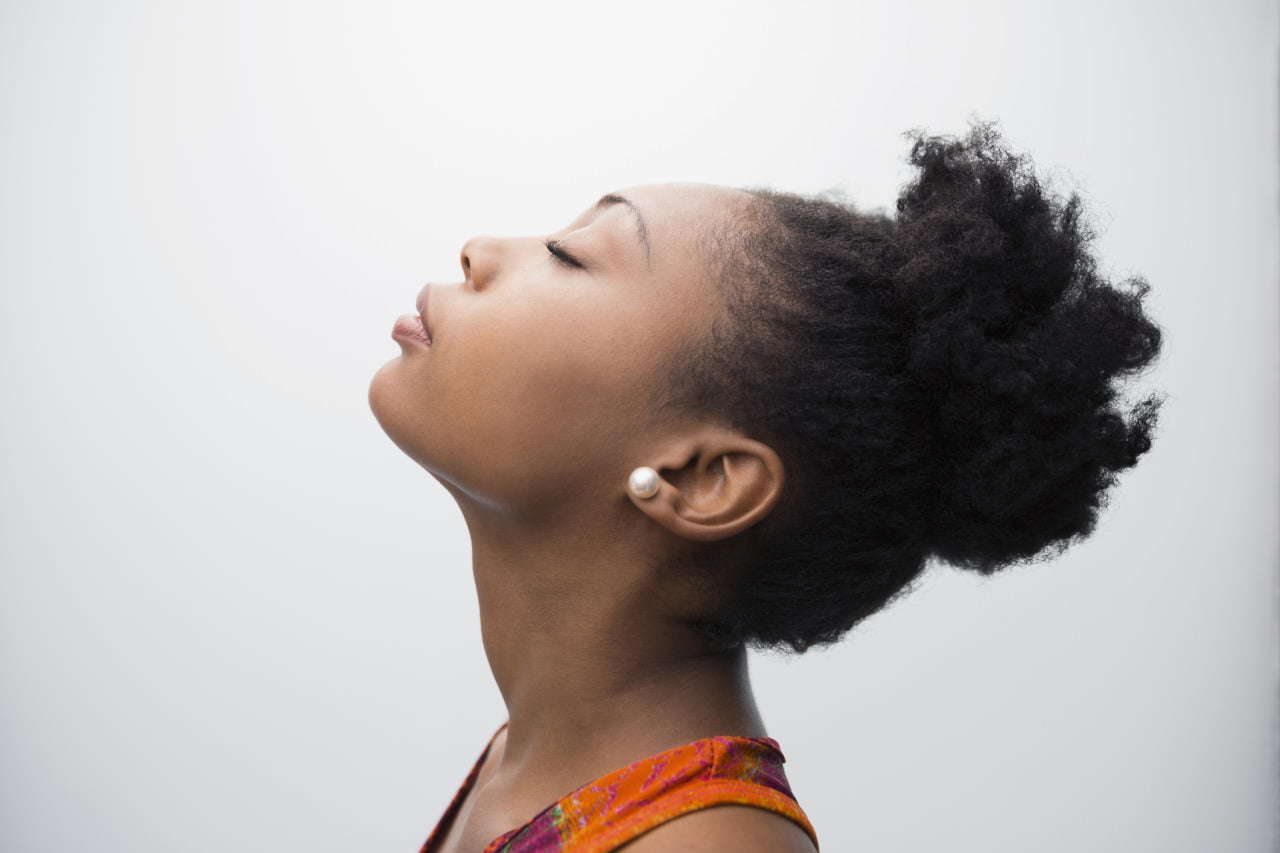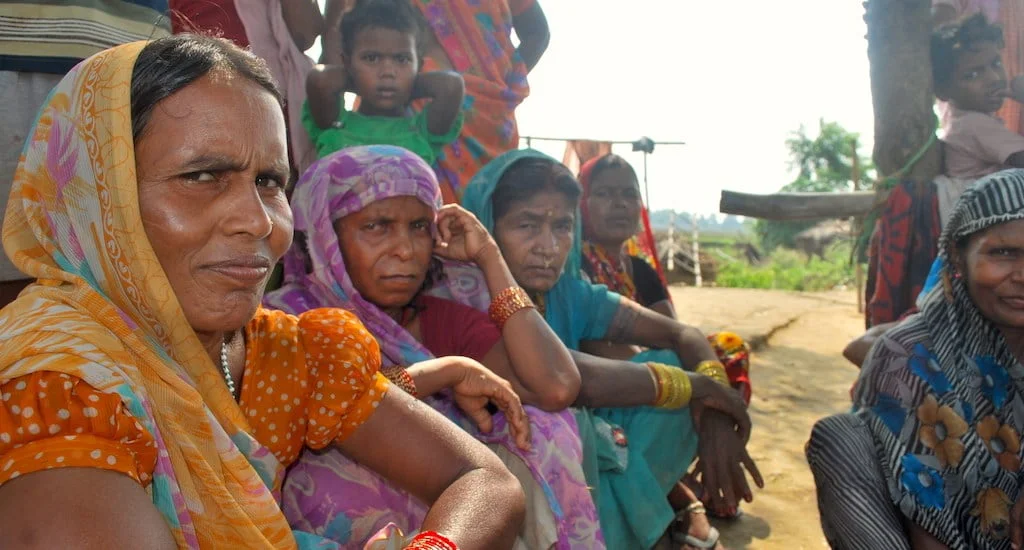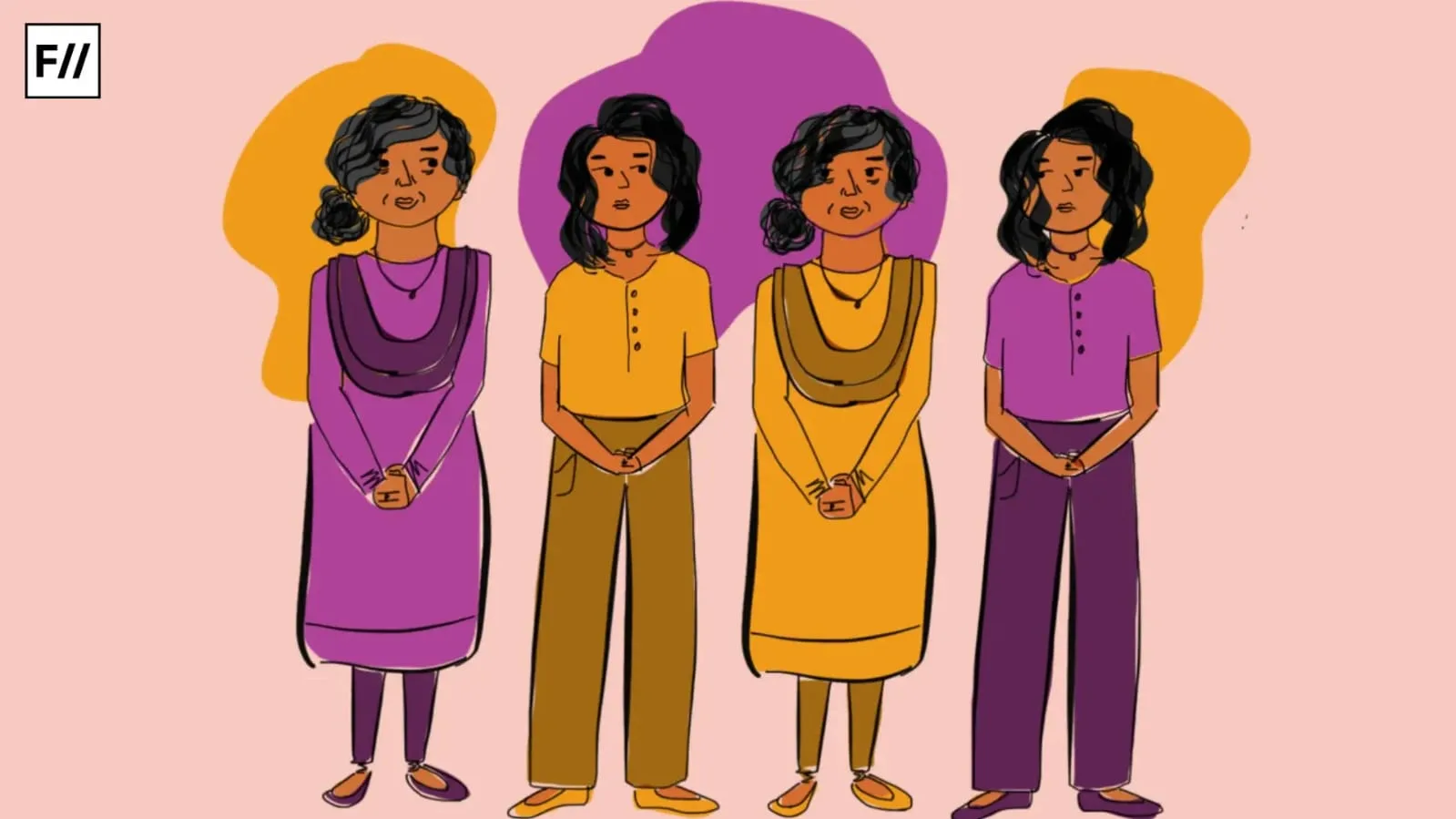All wishful thinking aside, I am pretty aware of living in a world that hates its women. I am from India, no country for women. As a country, it also in general blanket hates minorities, LGBTQ communities and basically anyone who isn’t a savarna man. I was never blind to the institution of whiteness when I moved to the US, but the election of the Sentient Cheeto (most tolerable moniker) has driven the extent of hatred, racism, misogyny and bigotry into the forefront.
Calls to suicide helplines have spiked since the elections. Boys at schools are grabbing at girls vaginas, black undergraduate students have been put on a “nigger lynching” list, Nazi symbols and flags are flying high and proud (and if you want you can look these incidents up, I am not linking to those pieces). All of this is extremely triggering, it worsens anxiety, it leads to feeling a loss of control – this can and will impact mental health and wellness. This is hardly the only example of a political transition or decision that has made millions of people fearful and worried (in addition to the financial impact, think of the anxiety and helplessness demonetisation has caused).
Also read: Demonetisation, Drama And The Debacle: Decoding Our ‘Larger Good’
It is exhausting to live and work in a world that actively hates and negates your presence. I am not going to say that the suggestions I offer will make everything (or even anything) right again, maybe only some of them work for you, maybe they help you one day and not so much another day.
- Social media: Get even more mindful and curate remorselessly
There is no virtue or victory in engaging with trolls. Use your energy to engage productively, talk to people who are actually listening. Block without remorse anyone who abuses or threatens you. Report them. Sometimes this applies to strangers, sometimes this will apply to your friends and family. Just like your house/personal space, think of who you want to allow into your virtual life. Also take a moment to think about who is in your echo chamber and if you would like to add or remove folks.
2. Identify your triggers, put in place a plan for yourself
This is something you can do with your therapist/counselor/psychiatrist if you have the option of getting professional help. You can also do this for yourself. It could be violence on television, it could be descriptions of sexual violence, it could be loud, raucous spaces, it could be hateful symbols, it could be certain spaces. Be conscious of these, even if you cannot always avoid them, knowing what triggers negative emotions in you can help you control your reaction to them. Violent, loud movies cause me to physically flinch and emotionally go into panic mode — for me this has meant completely avoiding them, even if it means missing out on trips with friends.
3. Get out of your head and house
Be safe, far easier said than done. But also remember to not trap yourself. Take a walk, ride a bike, go for a run, go to the gym, visit a park, sit in a garden. Nature helps, sunshine helps, looking at flowers helps (even if it is for one-millionth of a second). In that vein…
4. Don’t isolate, find a community
Remember your own power and that you can find solace and support in a community of like-minded people. Think about things you do, little and big actions that help you feel more involved and engaged. If you can, donate money. Donate anywhere in the world to a crisis helpline, to an organization that works for women’s healthcare and sexual rights, groups that work against violence against minority communities. If you can, volunteer your time, however much that is. Support people who work in these areas.
None of these suggestions are meant to imply in any way that you should not engage actively in opposing and fighting the effing patriarchy, the oppressors, all the things that are messed up. But remember, everyone needs to pause to recharge.
About the author(s)
Feminist and Indian. Interests include gender, education, mental health and wellness. India/US.




